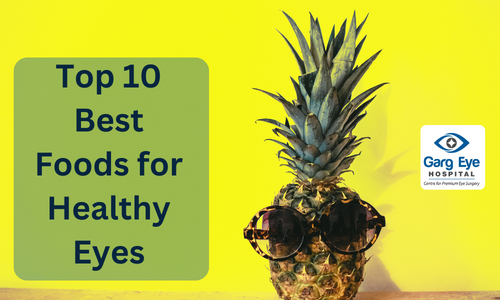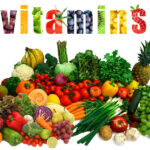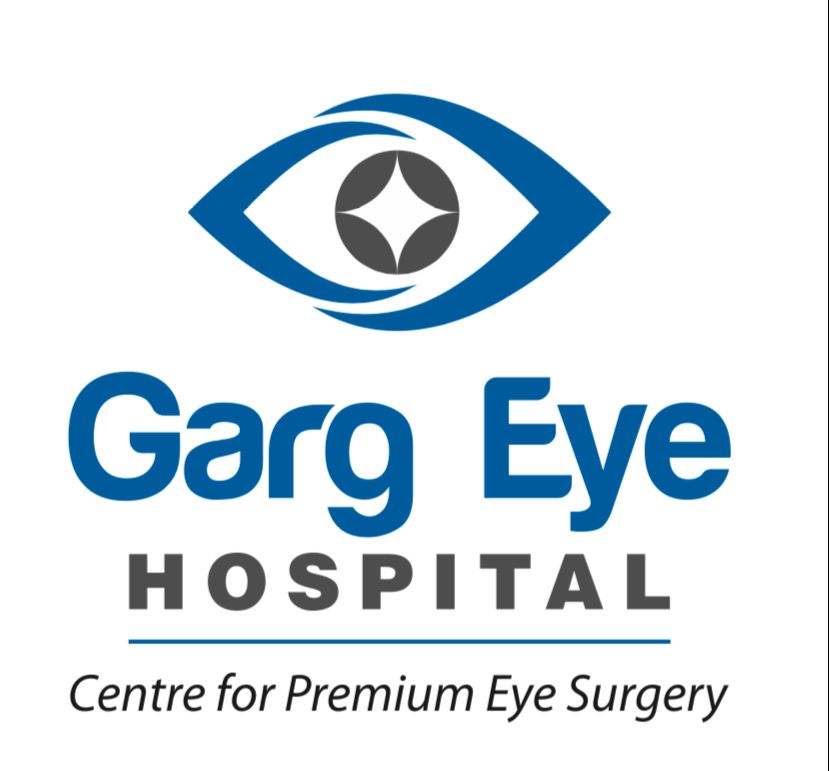- Open Hours: Mon-Sat 9:15 am - 6:30 pm
- +91 9855491500
- gargeyehosp@gmail.com
Top 10 Best Foods for Healthy Eyes
Top 10 Best Foods for Healthy Eyes: Maintaining healthy eye function and preventing age-related diseases require a well-balanced, nutrient-rich diet. A diet high in nutrients is essential for keeping the eyes healthy. Eating a range of vibrant fruits, vegetables, seafood, and nuts will give you the necessary vitamins, minerals, and antioxidants to maintain the health of your eyes. We have listed the Top 10 Best Foods for Healthy Eyes for you. These dietary choices help to avoid age-related vision disorders and maintain optimum eyesight throughout life when combined with a healthy lifestyle and routine eye exams. It is best to go for authentic foods to improve eyesight without glasses
Table of Contents
ToggleChoose from 10 Best Foods for Improved Eyesight

Read More: Choose from Best Vitamins for Better Eye Heath.
Leafy Greens:
Leafy green vegetables like spinach, kale, and collard greens are rich in lutein and zeaxanthin. These antioxidants help protect the eyes from harmful high-energy light waves like ultraviolet rays. They may reduce the risk of age-related macular degeneration (AMD) and cataracts.
Carrots
Carrots are famous for their beta-carotene content, a precursor to vitamin A. Vitamin A is essential for maintaining eye health and supporting the proper functioning of the retina. Consuming carrots regularly may improve night vision and help prevent conditions like dry eyes.
Fatty Fish
Fatty fish such as salmon, trout, and mackerel are rich in omega-3 fatty acids. These healthy fats contribute to the structural support of cell membranes in the eyes and may protect against dry eyes and macular degeneration. The omega-3s EPA and DHA are particularly beneficial.
Citrus Fruits
Citrus fruits like oranges, grapefruits, and lemons are high in vitamin C, an antioxidant that plays a key role in maintaining the health of blood vessels in the eyes. Vitamin C is also associated with a lower risk of developing cataracts and slowing the progression of AMD.
Nuts and Seeds
Almonds, walnuts, chia seeds, and flaxseeds are excellent sources of vitamin E and omega-3 fatty acids. Vitamin E is an antioxidant that helps protect cells in the eyes from oxidative damage, while omega-3s support overall eye health.
Eggs
Eggs contain lutein, zeaxanthin, zinc, and vitamins C and E, making them a comprehensive source of nutrients for eye health. These components contribute to reducing the risk of age-related vision disorders and maintaining the health of the retina.
Bell Peppers
Bell peppers, especially the brightly colored ones, are rich in vitamin C, which is essential for maintaining the health of blood vessels in the eyes. They also contain beta-carotene, lutein, and zeaxanthin, promoting overall eye health.
Whole Grains
Whole grains like quinoa, brown rice, and oats contain vitamin E, zinc, and niacin, which can contribute to overall eye health. These nutrients help protect the eyes from age-related conditions and support the maintenance of the optic nerve.
Shellfish
Shellfish, such as oysters, crabs, and mussels, are excellent sources of zinc. Zinc is a vital mineral that helps transport vitamin A from the liver to the retina to produce melanin, a protective pigment in the eyes. Zinc deficiency is associated with poor night vision.
Blueberries
Blueberries are rich in anthocyanins, antioxidants that may help improve night vision and reduce eye strain. These berries also contain vitamins C and E, making them a tasty and nutritious addition to a diet aimed at promoting eye health.
How Can you improve Eye health?
For better eye health, having a healthy lifestyle and including these nutrients in your diet is important. Here are a few more points for effective optimal care:
- Stay Hydrated: Proper hydration is essential for overall health, including eye health. Ensure you drink an adequate amount of water throughout the day.
- Regular Exercise: Engage in regular physical activity to promote good blood circulation, which is beneficial for eye health. Exercise can also help prevent conditions like diabetes, which can impact vision.
- Protect Your Eyes from UV Rays: Wear sunglasses that block harmful ultraviolet (UV) rays to protect your eyes from potential damage. Prolonged exposure to UV rays may contribute to cataracts and other eye issues.
- Take Breaks from Screens: If you work on a computer or spend extended periods looking at digital screens, follow the 20-20-20 rule. Every 20 minutes, look at something 20 feet away for at least 20 seconds to reduce eye strain.
- Quit Smoking: Smoking is linked to an increased risk of developing age-related macular degeneration and cataracts. Quitting smoking can positively impact your eye health.
- Regular Eye Check-ups: Schedule regular eye examinations to detect and address any potential issues early. This is especially important as many eye conditions are unhealthy in their early stages.
How much protein should I take for healthy eyes?
Consuming enough protein is necessary to keep your eyes healthy. While the exact daily recommendation varies, a basic guideline is to consume 0.8 grams of protein for every kilogram of body weight. Protein contributes to general eye health by supporting the function and repair of eye tissue. Seek guidance from a medical practitioner for specific recommendations.
What Should I Focus On for Eye-Healthy Eating?
Prioritize a diet rich in antioxidants like vitamins C and E, omega-3 fatty acids, and zinc for eye health. Include colorful fruits and vegetables, particularly leafy greens, citrus fruits, nuts, and fish. Stay hydrated, manage sugar intake, and maintain a balanced diet to support overall eye well-being and reduce the risk of age-related issues.
What Should I Focus On for Eye-Healthy Eating?
Make sure to include foods high in vitamins, minerals, and antioxidants in your diet to support eye health. A range of vibrant fruits and vegetables should be included, particularly those that are strong in vitamins A, C, and E. Sweet potatoes, spinach, kale, and carrots are good sources of lutein and beta-carotene, which are necessary for healthy vision. Walnuts, flaxseeds, and seafood are good sources of omega-3 fatty acids, which are good for your eyes generally.
Berries and citrus fruits are antioxidant-rich foods that help combat oxidative stress in the eyes. Meats and legumes hold a large amount of zinc which supports the health of the retina. Stay hydrated by drinking plenty of water, and consider green tea for its antioxidants. Make sure to limit processed foods and excessive intake of saturated fats to support overall well-being. A balanced diet, coupled with a healthy lifestyle, can significantly contribute to maintaining optimal eye health.



